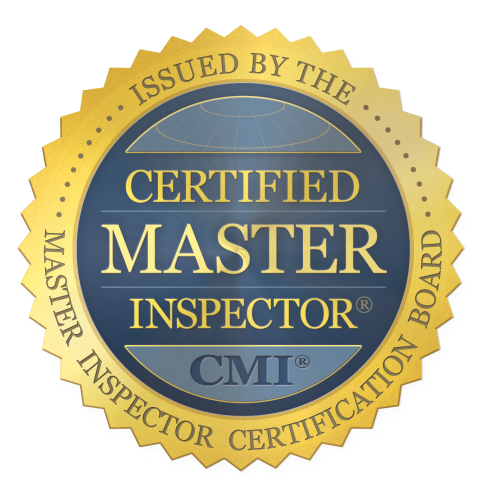Really? You Should Replace Smoke Detectors?
That was a question I got on a home inspection the other day.
So I ask you - do smoke detectors need to be replaced and if so, how often?
This is a 27 year old house.
Coming upon this smoke detector in the basement, I explained that it still has electricity, but the "traveler" cable, the one which interconnects all the detectors together so they operate as a team, was broken.
And I said, "It doesn't matter, the smoke detectors should all be replaced anyway."
That prompted my client to ask, "Really? You should replace smoke detectors?"
I said, "YES!"
But how often?
Well, certainly when they don't work properly. But there is a replacement rule of thumb too.
The National Fire Protection Association (NFPA) says every 10 years.
From NFPA 72 - "10.4.7 - Replacement of Smoke Alarms in One- and Two-Family Dwellings. Unless otherwise recommended by the manufacturer's published instructions, single- and multiple-stations smoke alarms installed in one- and two-family dwellings shall be replaced when they fail to respond to operability tests, but shall not remain in service longer than 10 years from the date of manufacture." Some manufacturers recommend every 7 years.
There are two of the most common types of smoke detectors:
1. Optical detection - photoelectric
2. Physical process - ionizing
Photoelectric detectors are generally used for large rooms. They combine a light source and a sensor. As smoke passes between the two and interrupts the beam, it goes off. The NFPA says, "photoelectric smoke detection is generally more responsive to fires that begin with a long period of smoldering (called smoldering fires)." These are considered to provide adequate protection for smoldering fires, but not so much for flaming fires.
And, over time, the lens gets dusty and, like having cataracts, is less and less likely to "see" smoke.
The ionizing type of smoke detector is generally cheaper to manufacture, but is more prone to false alarms. They are very sensitive, capable of detecting smoke that is not visible to the eye. These have a radioactive element which passes a constant current through an ionization chamber between two electrodes. Any particle that enters the chamber, like smoke, interrupts that current and sets off the alarm.
The NFPA says, "Smoke alarms become less reliable with time, primarily due to aging of their electronic components, making them susceptible to nuisance false alarms." Hence the recommendation to replace every 10 years.
Modern smoke detection systems installed in houses are placed in every bedroom and on every level. They are hard-wired, but have battery back ups (the batteries get weak and chirp). Also, they are interconnected and work as a team, so if one goes off, they all should.
In addition to the NFPA, the Consumer Products Safety Commission has been preaching replacement at 10 years because their tests show that when any component in a smoke detector fails, the unit fails completely. A 2012 article in this regard can be read here.
Two well-respected and popular among consumers are these two detectors, here and here. The first is a Kidde brand and the second First Alert. It does not matter what you purchase but if you replace your current detectors with the same brand. If you do you will not need to change the base or the wiring.
I tease my clients explaining that the "code" requires that the batteries get weak and sound off only between 1 and 4am. Anyone want to dispute that?
My recommendation: check your smoke detectors regularly by pushing the test button. But if they are 10 years old or older, it would be circumspect to replace them. You don't want to be the next news story: "Fire officials determined that there were smoke detectors in the dwelling, but they were not operating correctly."
You've heard that one, right?

Comments
Post new comment